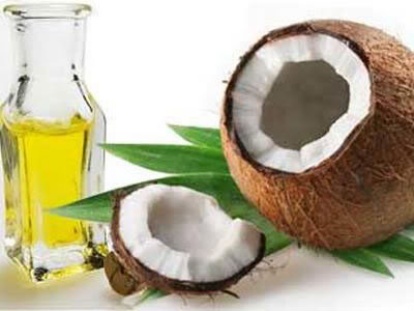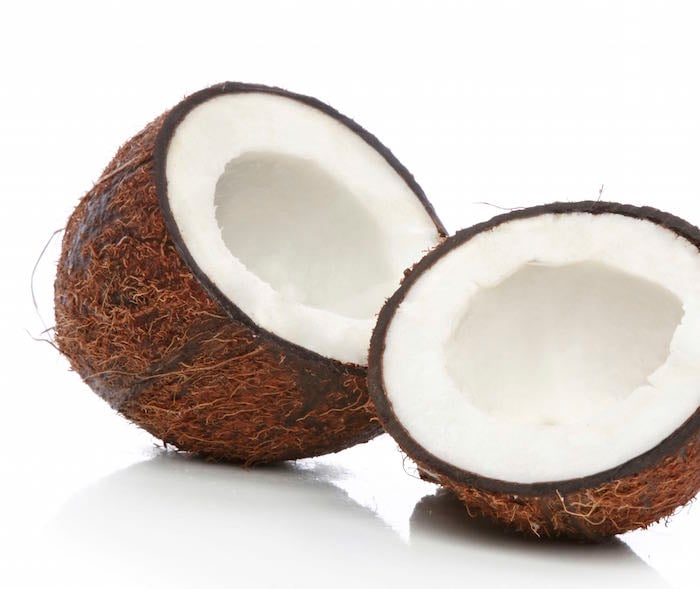 If you walk down the oil aisle of any grocery store, you are bound to find a plethora of different coconut oils – it's one of the most popular oils in today's natural food market.
If you walk down the oil aisle of any grocery store, you are bound to find a plethora of different coconut oils – it's one of the most popular oils in today's natural food market.
A common question that we get from food manufacturers who are choosing coconut oil as an ingredient is, which kind of coconut oil should we choose? There are multiple types, or grades, of coconut oil — just like olive oil. And it’s important to choose the right grade of coconut oil to meet both your product attribute needs and functionality.
Below is a side by side comparison of the different common types of coconut oil available.
Comparing Virgin Vs RBD Coconut Oil
Organic Virgin Coconut Oil
- Unrefined (not refined, bleached or deodorized)
- Expeller pressed (mechanically produced, no chemicals used)
- Made from fresh or dried coconut meat instead of copra
- Antioxidant nutrition is maintained
- Often cold pressed (but that doesn't necessarily mean better nutrition)
- Strong coconut flavor
- 76 degree melt point
- Contains healthy MCTs (medium chain triglycerides) & lauric acid
Organic Coconut Oil, RBD
- Organically grown
- Organically refined, bleached and deodorized (RBD)
- Made from organic "copra" instead of fresh or dried coconut meat
- Very little coconut flavor
- 76 degree melt point
- Contains healthy MCTs (medium chain triglycerides) & lauric acid
Coconut RBD Oil
- Refined, bleached and deodorized (RBD)
- Made from "copra" instead of fresh or dried coconut meat
- Most often solvent expelled (though expeller pressed method does exist)
- Very little coconut flavor
- 76 degree melt point
- Contains healthy MCTs (medium chain triglycerides) & lauric acid
Topics: Coconut Oil













